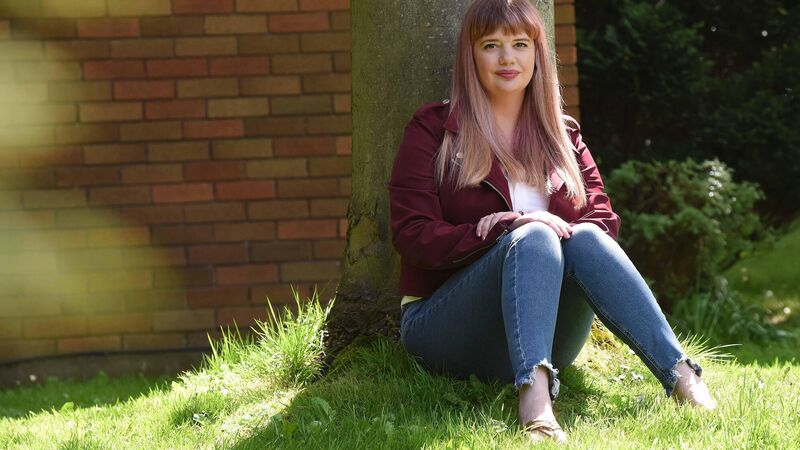Meet the human faces of the housing crisis

Katie Harrington, Galway, who lives in rented accommodation, says she will find it extremely difficult to buy her own home. Picture: Moya Nolan
Try from €1.50 / week
SUBSCRIBELast week, reporter Ryan O’Rourke, 27, wrote that many of his generation will seemingly never be able to buy their own homes, as international funds buy up property in bulk. Now, he and Shauna Bowers talk to many others caught in a similar trap — the human faces of the housing crisis
Already a subscriber? Sign in
You have reached your article limit.
Annual €130 €80
Best value
Monthly €12€6 / month
Introductory offers for new customers. Annual billed once for first year. Renews at €130. Monthly initial discount (first 3 months) billed monthly, then €12 a month. Ts&Cs apply.
CONNECT WITH US TODAY
Be the first to know the latest news and updates
Newsletter
Keep up with stories of the day with our lunchtime news wrap and important breaking news alerts.

Select your favourite newsletters and get the best of Irish Examiner delivered to your inbox
Tuesday, February 10, 2026 - 12:00 PM
Tuesday, February 10, 2026 - 1:00 PM
Tuesday, February 10, 2026 - 12:00 PM
© Examiner Echo Group Limited